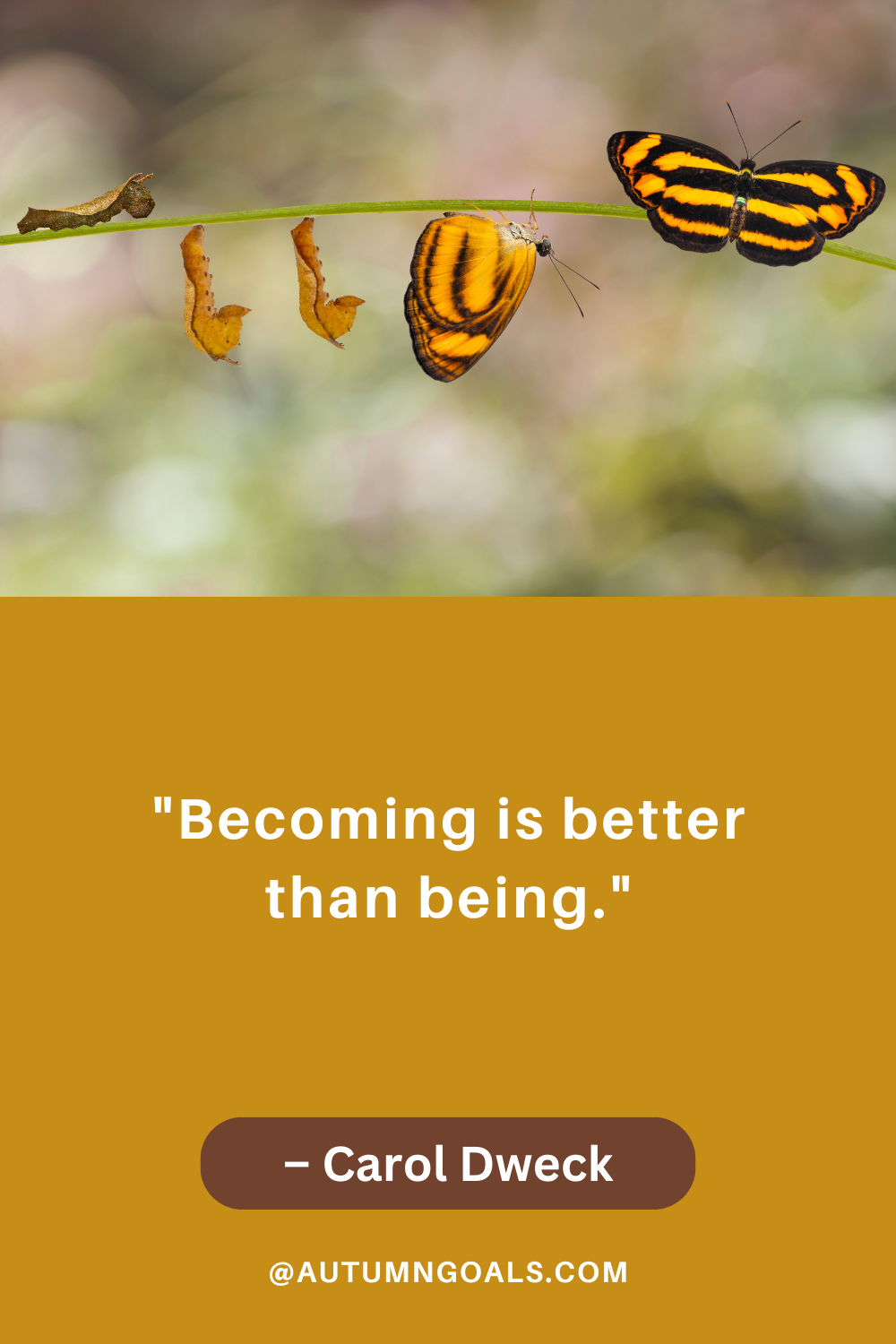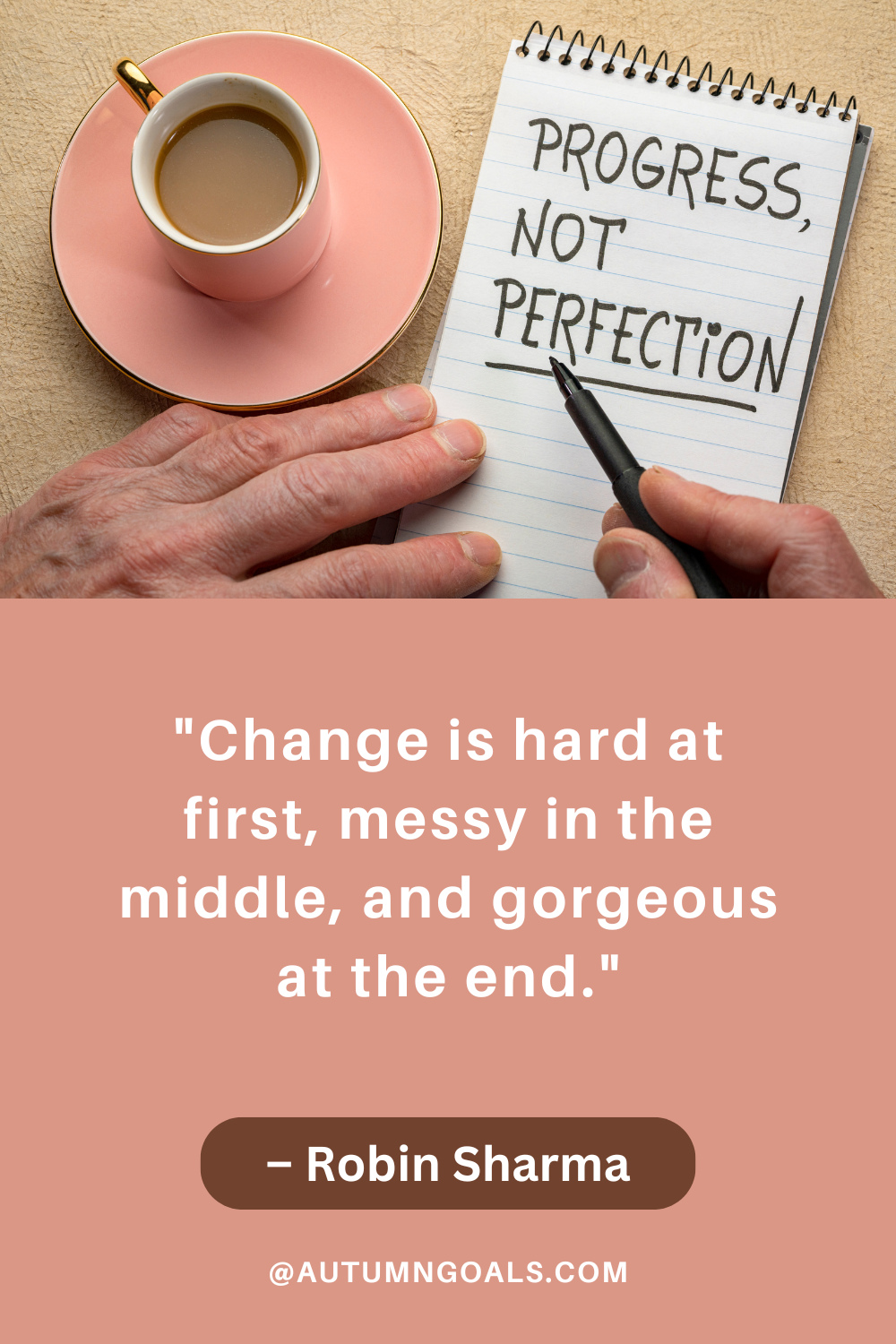
Embrace Change Photo by Chris Lawton on Unsplash
Strategies to Adapt and Thrive in in Times of Transition
Change is an inevitable part of life. Whether it’s a career shift, a move to a new city, or personal development milestones, embracing change can be challenging yet rewarding. The ability to adapt and thrive during these transitionary periods is crucial for personal growth and success. As renowned personal development coach Tony Robbins says, “Change is inevitable. Progress is optional.” In this blog, we’ll explore practical strategies to help you navigate change effectively and turn it into an opportunity for growth.
Understanding the Nature of Change
Change can often be daunting because it disrupts our comfort zones and routines. Understanding the nature of change and why it happens can help in managing it better. Change usually signifies progress, even if it doesn’t seem apparent at first. It’s a sign that we’re moving forward, learning new things, and evolving as individuals.

Developing a Growth Mindset
One of the most effective ways to embrace change is by cultivating a growth mindset. Carol Dweck, a renowned psychologist, defines a growth mindset as the belief that abilities and intelligence can be developed with effort, learning, and persistence. With a growth mindset, you view challenges as opportunities rather than obstacles.
Strategies for Developing a Growth Mindset:
- Embrace Challenges: Instead of avoiding challenges, see them as opportunities to grow and learn.
- Learn from Criticism: Constructive criticism can provide valuable insights into areas where you can improve.
- Celebrate Effort, Not Just Success: Acknowledge the effort you put into tasks, regardless of the outcome.
- Stay Curious: Keep an open mind and a desire to learn new things.

Building Resilience
Resilience is the ability to bounce back from setbacks and adapt to change. It’s a crucial skill for thriving in transitionary periods. According to psychologist Susan Kobasa, resilience is composed of three elements: challenge, commitment, and control.
Strategies for Building Resilience:
- Stay Connected: Maintain strong relationships with friends and family for support during tough times.
- Maintain a Positive Outlook: Focus on what you can control and remain optimistic about the future.
- Take Care of Yourself: Prioritize self-care practices such as regular exercise, healthy eating, and adequate sleep.
- Set Realistic Goals: Break down larger goals into manageable steps to avoid feeling overwhelmed.
Leveraging Emotional Intelligence
Emotional intelligence (EI) is the ability to understand and manage your own emotions, as well as recognize and influence the emotions of others. Developing EI can significantly improve your ability to handle change.
Strategies for Enhancing Emotional Intelligence:
- Self-Awareness: Reflect on your emotions and understand how they impact your thoughts and behaviors.
- Self-Regulation: Learn to manage your emotions in healthy ways, such as through mindfulness practices or journaling.
- Social Skills: Improve your communication and conflict resolution skills to build stronger relationships.
- Empathy: Practice empathy by putting yourself in others’ shoes and understanding their perspectives.
Practicing Mindfulness and Stress Management
Mindfulness involves being present in the moment and fully engaged with your current activity. It’s a powerful tool for managing stress and navigating change.
Strategies for Practicing Mindfulness:
- Meditation: Incorporate daily meditation practices to enhance focus and reduce stress.
- Mindful Breathing: Practice deep breathing exercises to stay calm and centered.
- Gratitude Journaling: Write down things you’re grateful for to shift your focus towards positive aspects of life.
- Mindful Activities: Engage in activities that promote mindfulness, such as yoga, walking in nature, or creative hobbies.

Seeking Support and Guidance
Navigating change alone can be challenging. Seeking support and guidance from others can provide valuable perspectives and encouragement.
Strategies for Seeking Support:
- Mentorship: Find a mentor who has experience in the area of change you’re dealing with.
- Support Groups: Join groups or communities that share similar experiences and challenges.
- Professional Help: Consider seeking help from a therapist or coach to gain insights and coping strategies.
- Peer Support: Share your journey with trusted friends or colleagues who can offer support and advice.
Embracing Change in Different Areas of Life
Career Transitions
Career changes can be some of the most significant transitions we face. Whether it’s a new job, a promotion, or a complete career switch, adapting to these changes requires flexibility and a proactive approach.
Strategies for Navigating Career Transitions:
- Continuous Learning: Keep updating your skills and knowledge to stay relevant in your field.
- Networking: Build and maintain professional relationships that can provide support and opportunities.
- Set Clear Goals: Define what you want to achieve in your career and create a roadmap to get there.
- Stay Open to Opportunities: Be open to new roles or projects that can expand your experience and skills.
Personal Development
Personal development involves setting goals and working towards becoming the best version of yourself. Embracing change in this area means being willing to step out of your comfort zone and pursue growth opportunities.
Strategies for Personal Development:
- Self-Assessment: Regularly assess your strengths, weaknesses, and areas for improvement.
- Set Personal Goals: Define clear, actionable goals for your personal growth.
- Seek Feedback: Ask for feedback from trusted individuals to gain insights into your progress.
- Commit to Lifelong Learning: Engage in continuous learning through reading, courses, and new experiences.
Relationships
Relationships are dynamic and constantly evolving. Embracing change in relationships involves adapting to new stages and maintaining strong connections.
Strategies for Navigating Relationship Changes:
- Open Communication: Maintain honest and open communication with your partner, family, and friends.
- Be Flexible: Be willing to adapt to changes in relationship dynamics and circumstances.
- Show Appreciation: Regularly express gratitude and appreciation for the people in your life.
- Seek Balance: Strive for a healthy balance between personal and relational needs.

Embracing change is a vital part of personal development and self-improvement
By developing a growth mindset, building resilience, enhancing emotional intelligence, practicing mindfulness, and seeking support, you can navigate through times of change with confidence and grace.
Remember, as Dr. Spencer Johnson, author of Who Moved My Cheese? aptly puts it, “Change happens when the pain of staying the same is greater than the pain of change.” Embrace the process of change, and you’ll find yourself growing stronger, wiser, and more fulfilled.
RELATED POSTS
View all



